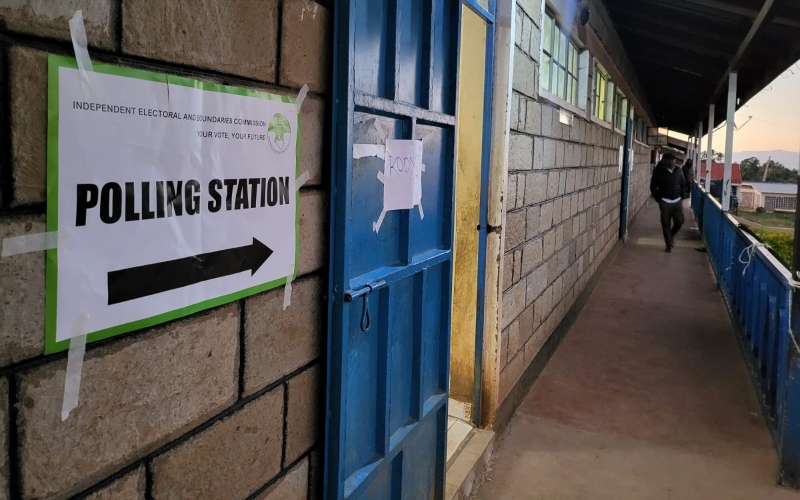Boon for Isiolo camel farmers as 10-year milk strategy launched
Isiolo camel milk value chain accounts for more than 70 per cent of milk transported to Nairobi.
The Isiolo County livestock department has launched a 10-year camel milk value chain strategy aimed at transforming the sector for improved livelihoods.
The strategy developed with support from VSF-Suisse and other non-state actors will promote the production, processing, distribution and consumption of dairy products through improved practices and regulations.
More To Read
- Isiolo courts investors as county pushes public–private partnerships in economic transformation drive
- Police recover stolen camels in Turkana after coordinated operation
- Family pleads for answers two months after Wajir Huduma Centre manager went missing
- KeNHA revises Isiolo-Mandera road project, adds new features to enhance cross-border links
- Isiolo leaders ask Ruto to discipline officials fueling political unrest in the county
- Court rules Governor Abdi Guyo impeachment is null and void
Despite the growing demand for camel milk, lack of adequate safety measures and poor enforcement, inadequate training for farmers on milk handling and poor hygiene practices are among the challenges farmers and traders in the county face.
County Livestock Production Chief Officer Isaiah Epuri said the strategy will go a long way in helping farmers increase their productivity through adoption of new technologies and linking them to reliable markets.
“Farmers will be supported to produce quality milk, access markets and improve the product for economic empowerment,” Epuri said during a two-day workshop in Nanyuki also attended by County Secretary Dade Boru.
Isiolo camel milk value chain accounts for more than 70 per cent of milk transported to Nairobi with reports showing that only about 20 per cent of the milk produced in Kenya is marketed with the bulk of it sold in raw form to consumers.
Further, Epuri said, the roadmap will aid in enhancing food security and addressing nutritional needs, especially for children aged below five years who in most cases suffer from malnutrition.
“We will support them to add value to the milk so that they produce yoghurt, cheese and pasteurized milk which have longer shelf life,” he noted.
Apart from their nutritious milk, camels have been rooted as ideal animals that pastoralists should rear, thanks to their unique ability to produce milk during drought. They endure high temperatures and go longer days without water, coping with changing climatic conditions.
A camel produces between 2-4 litres of milk over the lactation of 9-10 months.
Boru said the strategy will greatly improve the lives of Isiolo residents. “With Isiolo among the counties affected by climate change, support towards camel rearing will ultimately bear fruits”.
The county government, he said, will work closely with other stakeholders in helping local herders and farmers to form cooperatives at the ward level through which they will be selling the products.
Camel farmers were assured of regular disease surveillance and advisories to ensure the animals stay healthy.
Top Stories Today














































